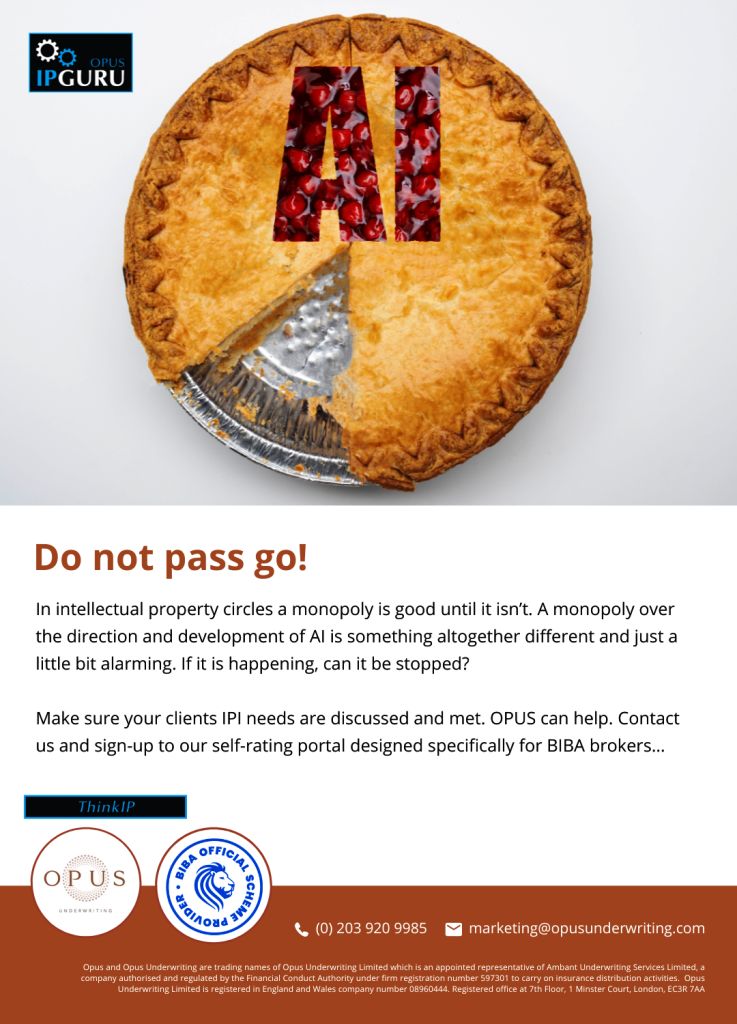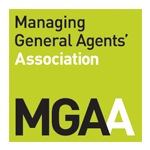American Pie
A long, long time ago…
Well…over 20 years ago, there was an American company that wanted more than its fair share of the pie. It was stopped then by bold regulators, it’s quite possible its hunger pains are back.
Intellectual property rights are designed to secure a monopoly for the innovator to exploit financially, but only up to a point. Some monopolies cross the Rubicon of commercial acceptability and are considered anti-trust as the Americans like to say or anti-competition as we might say. It’s a strange balancing act. Difficult to describe – like the proverbial elephant – but regulators are trained to know it when they see it. And, like the elephant, it seems to be the big beast corporates that habitually make the crossing.
And, maybe, they’d be happy for a while
And maybe they wouldn’t. Money and the monopoly advantaged position to crank the handle to make more money, being quite addictive to some. In 1998 the US Justice Department took on Microsoft. The prize then was to stop search-engine monopoly. The Justice Department considered the allegations of “dirty tactics” from all angles including Steve Jobs no less (I know – the irony) and acted to trim the ambition of Microsoft. It was a landmark case; job done. Pat on the back for the JD. Feet up for a few years with a ‘tinny’ in front of the ‘telly’. And happy days for Google to leverage unopposed market dominance.
With the benefit of hindsight, this regulatory victory served to stimulate and invigorate innovation and Microsoft roared back to become the world’s biggest company with a near $3 trillion market cap’. As one commentator put it, a business can replace profit through innovation with profit through exploiting market dominance. It’s what big, lazy corporates do when they can because they can. Along the way they often forget what made them market leader. Cool things usually, that everybody ‘must’ have. A good kicking from a regulator serves as a reminder and gets the creative juices flowing.
Bad news on the doorstep
The regulators are sniffing around Microsoft once again. Specifically, The Federal Trade Commission (“FTC”) is circling its target. What market is Microsoft allegedly seeking to mischievously dominate this time? AI, of course. A quarter of a century later and here we are again. Up you get from the couch regulators, lay down the remote, there’s work to be done.
We all got up to dance
FTC Chair Linda Khan said recently:
“…there’s no AI exemption from the laws” on FTC monopolies.
Implying the FTC will use all its enforcement and research power to prevent anticompetitive activity in artificial intelligence.
Meanwhile, at the other end of the dance floor Microsoft are not walking blindly into another 1998 lawsuit. They have some neat shapes to throw of their own. They don’t own OpenAI and yet they pumped in $13 billion of investment and locked it into Azure Cloud Solutions (which is Microsoft’s public cloud computing platform) creating exclusive access to OpenAI’s intellectual property. Moreover, it’s further alleged that Microsoft is sucking up AI talent from all around it. Partly to denude the competition and partly to create what complainants call an AI ‘walled garden’. Is OpenAI just a cosy sensible commercial arm’s length relationship? Or, possibly a non-acquisition, acquisition. A cagey move, that’s for sure and nicely opaque.
Decent dance moves to avoid anti-trust action, certainly, but it’s for the FTC to see if, ultimately, they pass the ‘smell test’. A bit early to tell when and how this danceathon will end. Antitrust investigations require significant time and resources and can take years to adjudicate and resolve.
When the jester sang…
Enter another familiar face who knows a monopoly when he sees one – Mr Elon Musk.
For it is he who was once co-founder and at the forefront of ChatGPT and its parent OpenAI back in 2015. He has since left, saying,
“…it was designed to be an open-source nonprofit, which was the very reason why it was dubbed OpenAI”
“Now it has become a closed source, maximum-profit company effectively controlled by Microsoft,”
…he posted on his own Twitter (X).
“Not what I intended at all.”
The church bells all were broken
An investigation into Microsoft’s allegedly over-dominant AI and associated cloud market position will come. That seems inevitable. Another good kicking – less so. Are any alarm bells ringing at all – it’s a reasonable question to ask. The European Commission has, perhaps unhelpfully, determined that Microsoft,
“…doesn’t control the direction of OpenAI”.
We must hope they are right. They might well not be. Some bananas are bent.
Musk thinks AI is,
“…a bigger risk to society than cars or planes or medicine” …says the maker of Tesla and owner of SpaceX.
To be fair to Musk he urges policymakers to act now and not wait until there is disaster and tragedy.
Like nuclear physics, he says,
“…you [have] nuclear power generation, but also nuclear bombs.”
We’ve surely exhausted our four-minute warning and quite probably our patience with certain emperors of tech and their publicly listed juggernaut chariots. Caligula was not mourned.
Murray Fairclough
Development Underwriter
OPUS Underwriting Limited
+44 (0) 780 145 9940
underwriting@opusunderwriting.com








